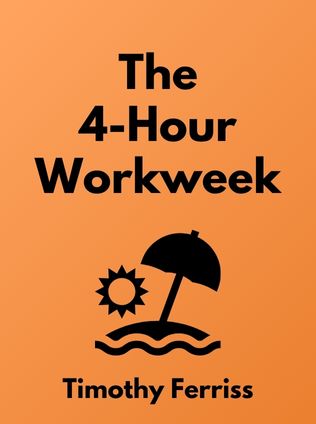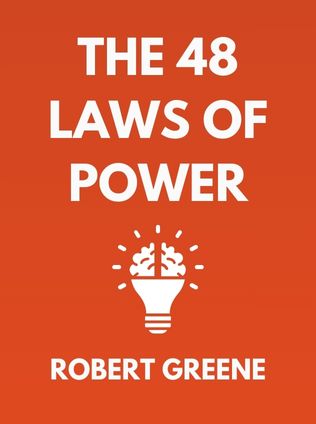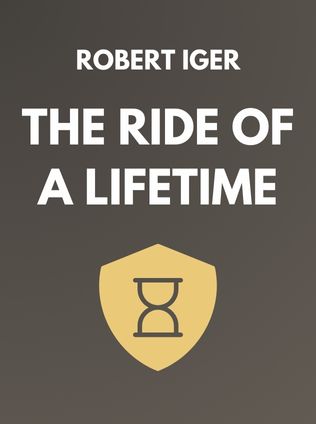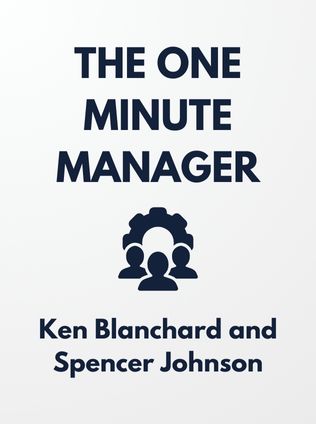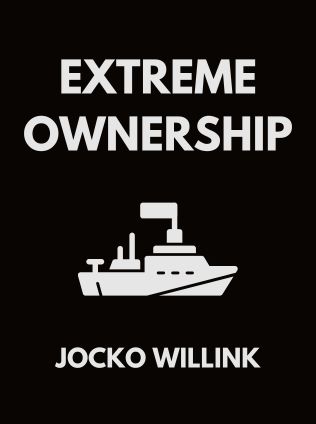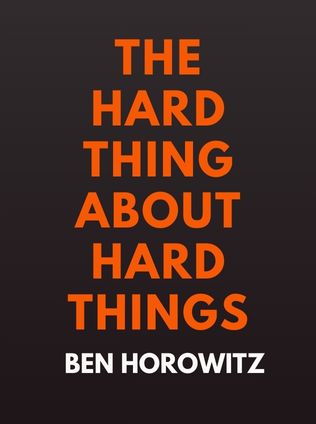
Around the Corner to Around the World
A Dozen Lessons I Learned Running Dunkin' Donuts
By Robert M. Rosenberg
Published 10/2020
About the Author
Robert M. Rosenberg served as the CEO of Dunkin’ Donuts from 1963 to 1998. Under his leadership, the company grew from a regional family business to one of America’s most beloved brands. After retiring, Rosenberg taught at Babson College's Graduate School and served on the boards of other leading food service companies, including Domino’s Pizza and Sonic Restaurants. His extensive experience in the food service industry provides invaluable insights into business growth and leadership.
Main Idea
In Around the Corner to Around the World, Robert Rosenberg shares the lessons he learned over his 35-year tenure as CEO of Dunkin’ Donuts. The book details the strategic decisions, challenges, and triumphs that shaped Dunkin’ Donuts into a global brand. Rosenberg offers practical advice and inspirational insights for entrepreneurs and business leaders, emphasizing the importance of adaptability, leadership, and continuous innovation.
Table of Contents
- Introduction
- Why Creativity Leaps Matter
- The 3iCreativity™ Model
- Flow Between Wonder and Rigor
- Inquire: Ask a Better Friggin’ Question
- Improvise: Leverage Organized Chaos
- Intuit: Put Bravery Before Mastery
- Commune: Come Together to Create
- Forecast: Amplify What Is Uniquely Human
- Get Out of the Building: Final Thoughts on Increasing Your CQ
Introduction
The introduction sets the stage by comparing a physical leap to a creativity leap. Rosenberg explains that both require vision, a running start, the suspension of judgment, and trust in the unknown. A leap propels us forward into new territory, emphasizing the importance of taking risks and embracing uncertainty. He vividly describes how leaps in creativity, much like physical leaps, necessitate a forward motion driven by a clear vision and the courage to overcome barriers.
Why Creativity Leaps Matter
Rosenberg asserts that creativity is the engine for innovation, vital for crossing boundaries and solving complex problems. He argues that everyone is inherently creative and that honing this competency is essential for personal and organizational success. He introduces the 3iCreativity™ model—Inquiry, Improvisation, and Intuition—as the framework for developing creativity. Rosenberg highlights that creativity is not just about producing art; it’s about thinking differently in any field, from law to plumbing to design.
"To be human is to be hardwired to be creative." - Robert M. Rosenberg
This quote underscores the universality of creativity. Rosenberg's argument is that creativity is embedded in our DNA, a fundamental part of being human that can be nurtured and developed through deliberate practice.
The 3iCreativity™ Model
Rosenberg breaks down the 3iCreativity™ model into its components:
Sign up for FREE and get access to 1,400+ books summaries.
You May Also Like
The Lean Startup
How Today's Entrepreneurs Use Continuous Innovation to Create Radically Successful Businesses
By Eric RiesWho Moved My Cheese?
An Amazing Way to Deal with Change in Your Work and in Your Life
By Spencer Johnson, M.D.Make Your Bed
Little Things That Can Change Your Life...And Maybe the World
By William H. McRavenThe Ride of a Lifetime
Lessons Learned from 15 Years as CEO of the Walt Disney Company
By Robert IgerThe Hard Thing About Hard Things
Building a Business When There Are No Easy Answers
By Ben Horowitz







